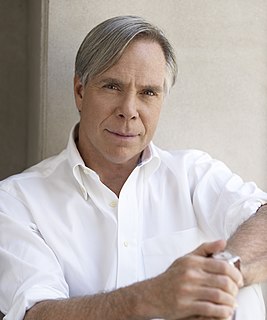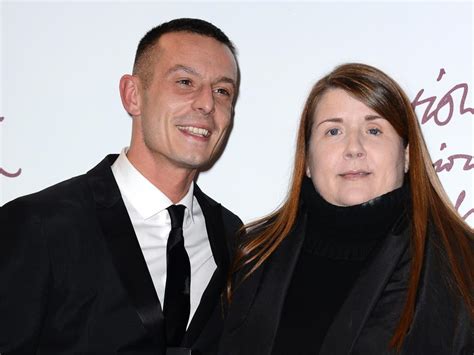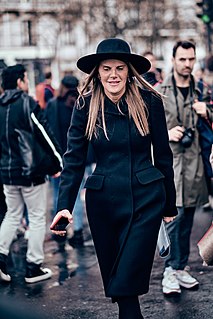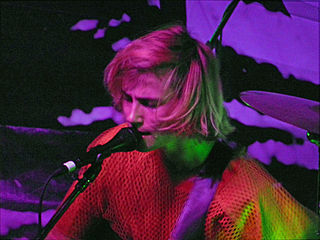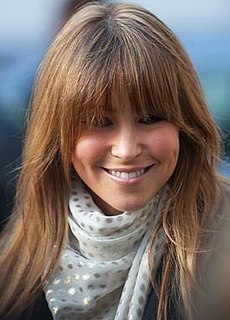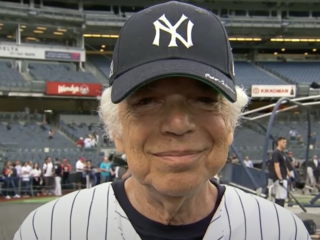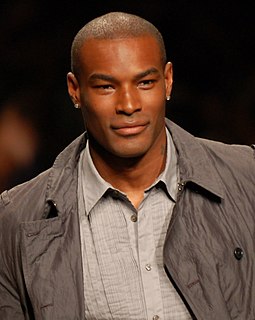A Quote by Tavi Gevinson
Fashion intersects a lot with art and film and music, and that was appealing to me. I read a bunch of fashion blogs and wanted to be part of the community.
Related Quotes
I think the problem is that fashion has become too fashionable. For years, fashion wasn't fashionable. Today fashion is so fashionable that it's almost embarrassing to say you're part of fashion. All the parodies of it. All the dreadful magazines. That has destroyed it as well, because everybody thinks fashion is attainable.
I absolutely consider fashion a form of art. Of course, there is some fashion that is not art at all - it's utilitarian, made for the purpose of covering up. And there are a lot of people out there who put a lot of effort into looking awful. But there are also people putting the same amount of energy into making bad art.
I think fashion is probably one of the most accessible and immediate forms of visual culture. In 1978, when I realized that I wanted to work on fashion, I had gone to Yale to get my Ph.D. in European cultural history. I suddenly realized fashion's part of culture, and I can do fashion history. All my professors thought this was a really bad idea, that fashion was frivolous and unimportant. And, increasingly over time, people have recognized that it provides such a mirror to the way we think, our values and attitudes.
Fashion gave me the platform that has made this transition from fashion to Hollywood, from East Coast to West Coast. Fashion gave me the platform that has made this easier than it is for a lot of other people. And I will always count fashion as the industry that was first to welcome me and embrace what I could do.
I mean, a lot of people don't realize it, but fashion is one of the most racial industries left out there now. Radio and music aren't. Television and movies aren't. Even commercials now are showing interracial couples. You see a lot of diversity in TV shows, but you don't see that in fashion. You think there would be some, because the consumer is of all colors and all shades. But you don't see that in fashion.

